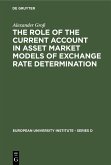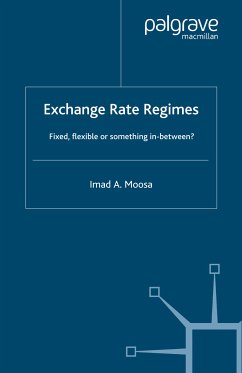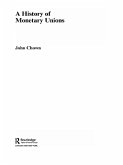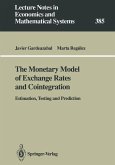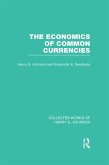Still after more than thirty years of free floating exchange rates, large parts of exchange rate dynamics remain a puzzle. As this book shows, much progress has been made in explaining exchange rate movements over longer horizons. It also shows, however, that short-run movements are far more challenging to explain. The book is based upon a variety of papers, many of them released recently. A key aspiration of the literature has always been not only to explain past exchange rate behavior but also to forecast out of sample and to compare it to the simple random walk outcome. Here some development has been made after Meese and Rogoff's (1983) truculent verdict of the performance of common exchange rate models. By means of empirical analysis and descriptive statistics this book further supports the established long-run relationships between exchange rates and fundamentals such as expected productivity growth, real GDP growth, domestic investment, interest rates, inflation, government spending, and current account balances. It finds that these fundamentals affect the exchange rate to varying degrees over time. Turning to short-term exchange rate dynamics, it turns out that a different set of forces is at play. The key to explaining short-run movements is to be found in an extensive micro-foundation that factors in a pronounced heterogeneity among market participants and information asymmetries, as well as the possibility of sudden shifts in sentiment, beliefs, and the degree of risk aversion. Promising results have been obtained by order-flow analysis and high frequency data. Also, the consideration of chartism and speculators facilitates understanding for otherwise puzzling exchange rate movements. The last attempt to tackle the understanding of exchange rate behavior is the use of frequency domain analysis and in particular spectral analysis which tries to track down any cyclical patterns in the various moments of time series. And as we shall see forex indeed incorporates cycles as well.
Dieser Download kann aus rechtlichen Gründen nur mit Rechnungsadresse in A, B, BG, CY, CZ, D, DK, EW, E, FIN, F, GR, HR, H, IRL, I, LT, L, LR, M, NL, PL, P, R, S, SLO, SK ausgeliefert werden.
Hinweis: Dieser Artikel kann nur an eine deutsche Lieferadresse ausgeliefert werden.



